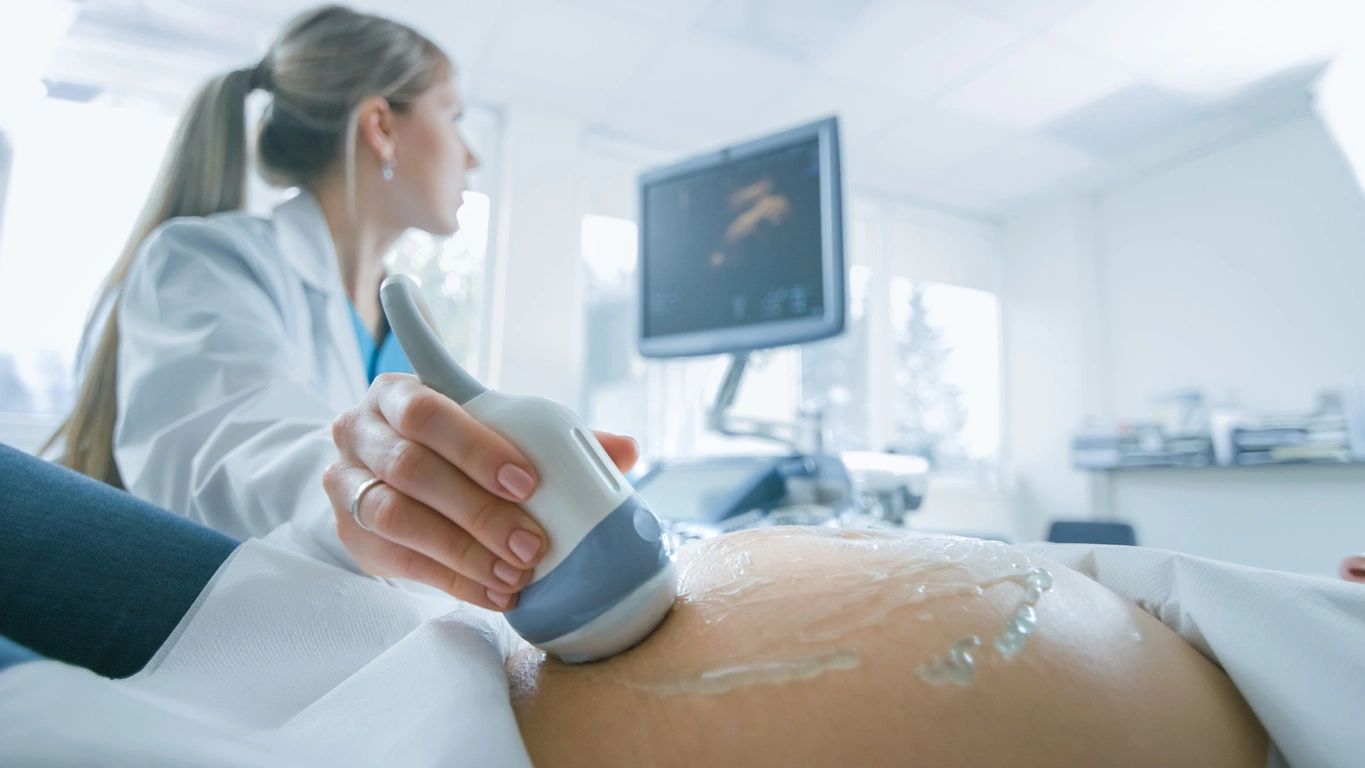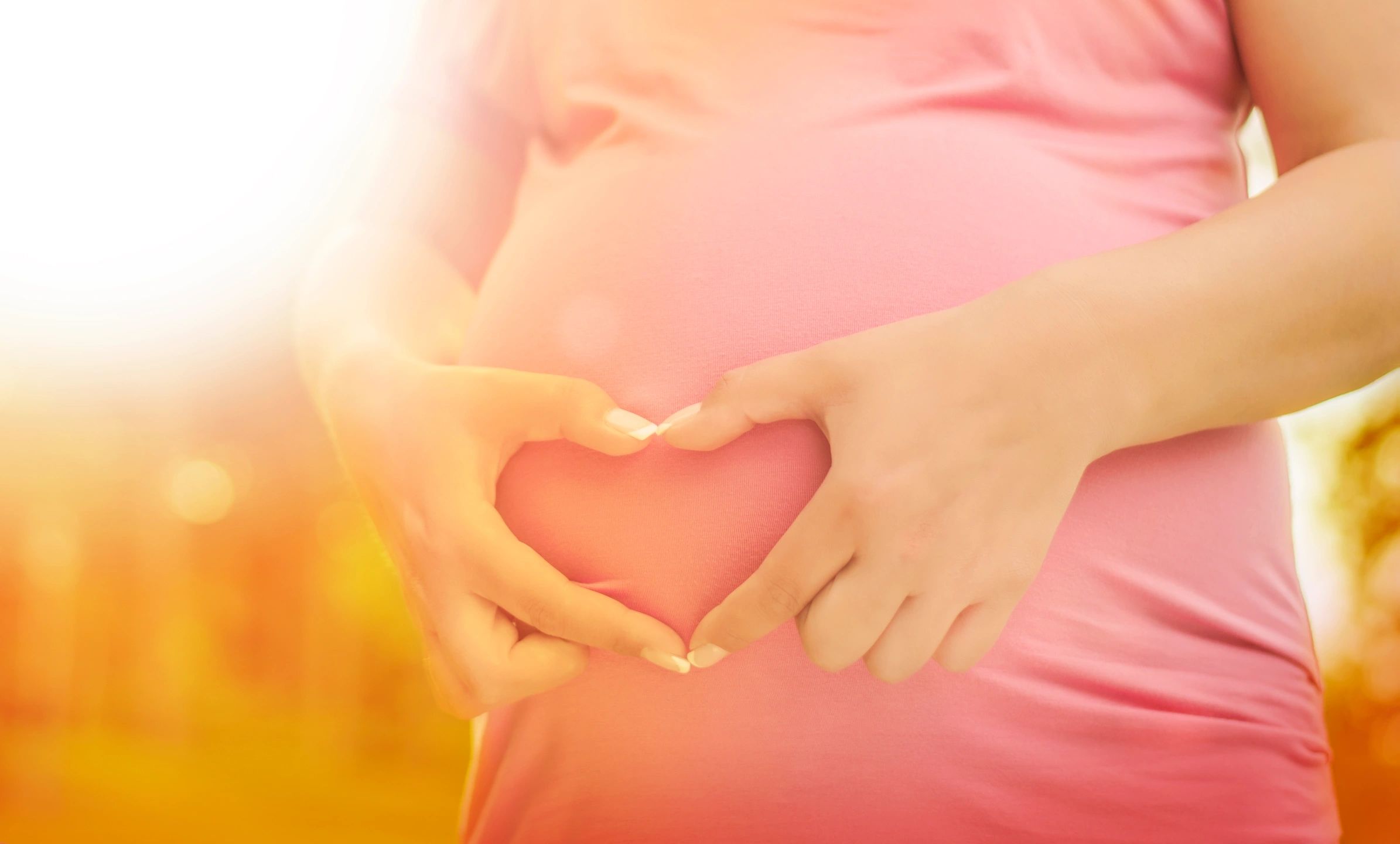
The early menopause explained
It’s completely natural for women to be concerned about their fertility and ability to have children, for many this becomes more pressing when they reach their 30s. Over the last 40 years societal changes, including the success and proliferation of women in the workplace has meant many are choosing to start a family in their late 30s and even 40s. But, unfortunately, some of these women may have hit the early menopause – if you are concerned, here’s the lowdown on, what you need to know.
Our ovaries produce the hormones oestrogen and progesterone, which are needed to regulate our monthly cycle and ensure the development and implantation of a healthy egg. For the majority of women the average age of the menopause is 51, and occurs as a result of the ovaries running out of developing eggs (follicles).
What is the early menopause and how many women does it effect?
In the early menopause, the ovaries stop producing normal levels of oestrogen. There are a number of explanations for this, it may be due to a reduced number of follicles at birth, or an increased rate at which these follicles are destroyed, or simply that they do not function as well. This is more common than one might expect and affects about one in 100 women before the age of 40 and one in 20 women before the age of 45. During your own research you may also read the terms premature menopause, or primary ovarian failure, but these are essentially all interchangeable with the term early menopause.
How do you know if you may have hit the early menopause?
For most women the first symptoms of the early menopause will be a change to your menstrual cycle, with either fewer, or no periods. But, many will also get the other symptoms associated with the normal menopause including hot flushes, night sweats, mood changes, change in libido and vaginal dryness. If you are having any of these symptoms we can test for the early menopause with a blood test, looking for the levels of the hormone oestrodiol (oestrogen) which will be low in early menopause, and for the hormone Follicle Stimulating Hormone (FSH.) FSH is raised in the early menopause as the pituitary gland in your brain releases increasing amounts in a bid stimulate your ovaries to try and produce more oestrodiol. These tests need to be done at certain times in your cycle and repeated again at least 4 weeks later to confirm the diagnosis.
Why does the early menopause occur?
Early menopause can be as a result of the damaging effects of chemotherapy and radiotherapy, or if the ovaries are removed during an operation. Occasionally it is due to chromosomal or genetic problems, or as a result of autoimmune diseases such as diabetes or thyroid disease. If you are diagnosed with early menopause, further blood tests will be done to look for these underlying causes, though chromosomal testing is only done if you are under 35. Knowing when your mother started her menopause may give you a clue into when you may start your own, but in most cases we do not know exactly why the early menopause happens. Interestingly it has been found that cigarette smokers are at increased risk of premature menopause. Conversely, starting your period later in life, having irregular periods and breast feeding for longer are all protective factors against early menopause.
What are the complications of the early menopause?
Due to the reduction in oestrogen, women with the early menopause have been found to have a significantly increased risk of osteoporosis (bone thinning), cardiovascular disease and possibly dementia. It is worth noting that whilst there are considerable complications of the early menopause, it does decrease the risks of the oestrogen-sensitive cancers like breast cancer.
Does early menopause mean I can’t fall pregnant?
Women with the early menopause will have fluctuations in their ovarian function and will not ovulate (release an egg) every month, but some may still ovulate occasionally. Indeed, it has been found that 5–10% will become pregnant over their lifetime. It is therefore really important that even if you have been diagnosed with early menopause you continue to use contraception if you want to avoid falling pregnant. The added oestrogen in the combined contraceptive pill may also help protect against osteoporosis and cardiovascular disease. If, however you are hoping for a pregnancy, the pill is not appropriate, and you should be looking into other ways to protect against the risks of low oestrogen levels. Consult a fertility specialist early, as often egg donation is required.
What is the treatment of the early menopause?
There is no way of reversing the early menopause, but we can treat the symptoms and try to protect against the long term complications associated with it. Whilst the contraceptive pill can be used as a treatment in women who want to protect against pregnancy, there are some concerns about the long-term risks of the pill and its effectiveness against osteoporosis. Hormone Replacement Therapy (HRT) will not only improve the symptoms, but also reduce the risk of osteoporosis and cardiovascular disease. Experts agree that to reduce your risks of cardiovascular disease and osteoporosis, lifestyle and dietary intervention has to be taken as well. Reassuringly the same risk of breast cancer from HRT that we are often concerned about in treating women going through the menopause, does not apply to women under the age of 50. However a woman taking HRT for early menopause should be reviewed at the average of the normal menopause, as the risk/benefit ratio will change at this point.
The early menopause can be something that can be difficult for people to come to terms with. The impact of early menopause is not just physical; counsellors and therapists are there to help with the anxiety or low moods many experience. Finally, there are support groups out there, talking to other women going through the same experience cannot be underestimated.


